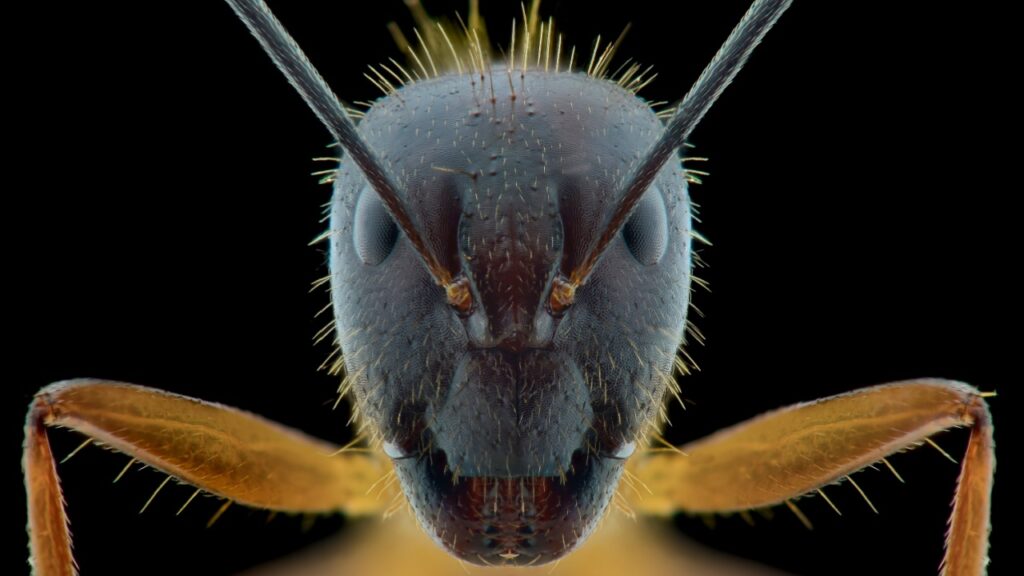Ants may be tiny, but their intelligence and problem-solving skills are truly remarkable. These social insects live in structured communities that rival our own in complexity and efficiency. Let’s explore some fascinating ways ants outsmart humans in their daily lives.
They Build Living Bridges
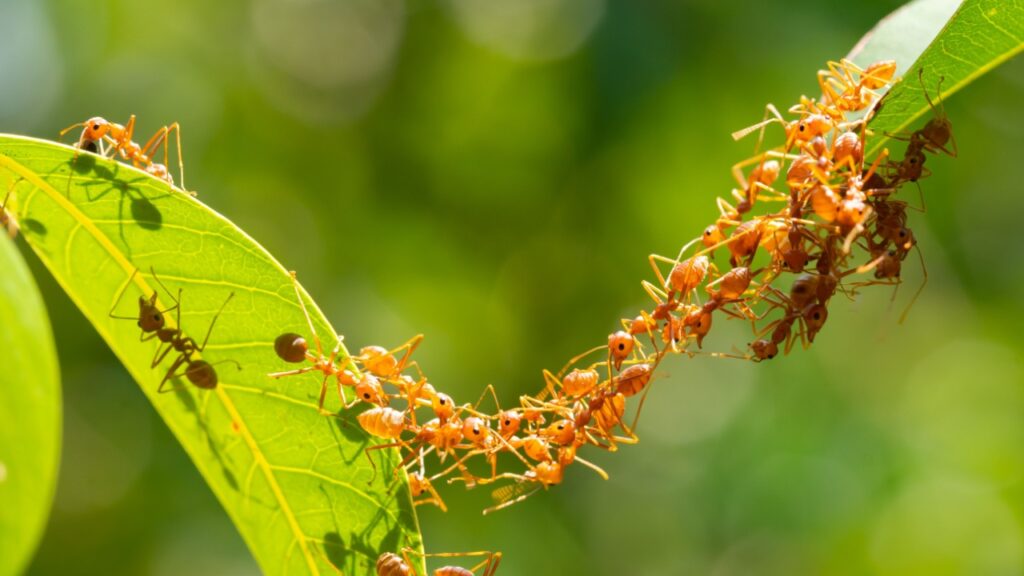
When faced with gaps in their path, ants don’t hesitate to use their own bodies as building materials. They link together, forming living bridges that allow their colony mates to cross safely. This selfless behavior shows a level of cooperation that humans often struggle to achieve. The ants can even adjust the size and shape of these bridges as needed, demonstrating incredible adaptability.
They Practice Agriculture
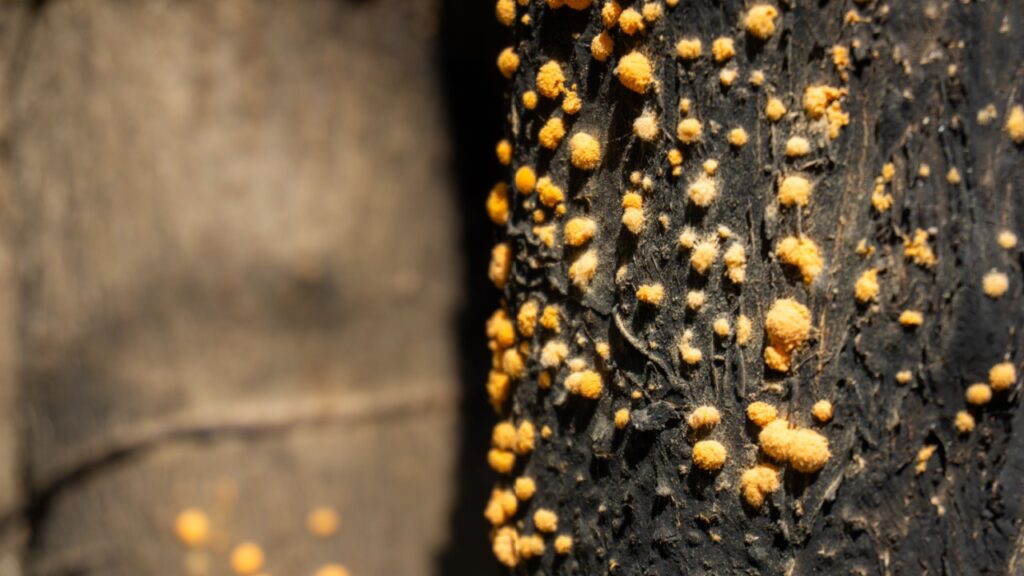
Long before humans developed farming, ants were cultivating their own food sources. Some species of ants grow fungi in underground gardens, carefully tending to their crops. They use antibiotics to protect their fungi from harmful bacteria and even prune their crops to encourage growth. This agricultural prowess puts many human farmers to shame.
They Use Sophisticated Communication Systems
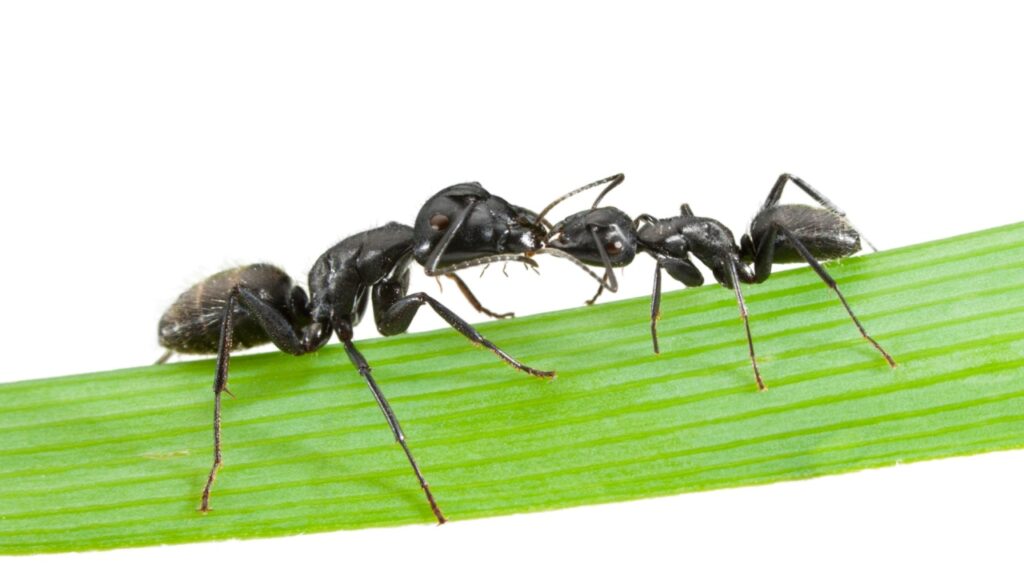
Ants have developed complex communication systems that rival human language in efficiency. They use pheromones, touch, and even sound to convey messages. These social creatures can share information about food sources, danger, and even give directions to specific locations. Their ability to communicate complex ideas without words is truly impressive.
They Conduct Warfare With Military Precision
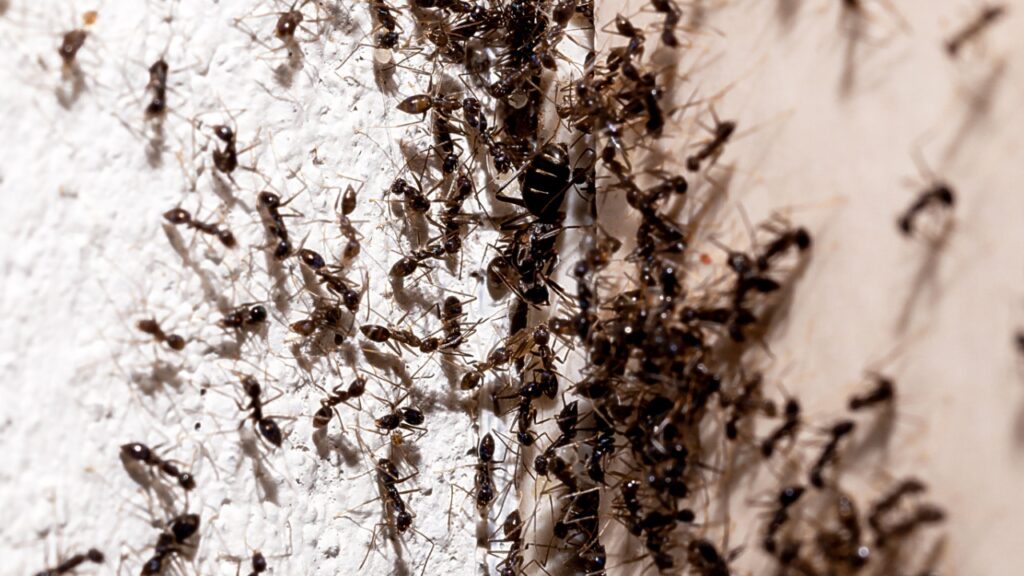
Some ant species engage in warfare that mirrors human military tactics. They form organized ranks, use scouts, and even have specialized soldier castes. These tiny warriors can coordinate complex battle strategies, often defeating much larger opponents. Their military prowess often surpasses that of human armies in terms of coordination and efficiency.
They Practice Sustainable Living
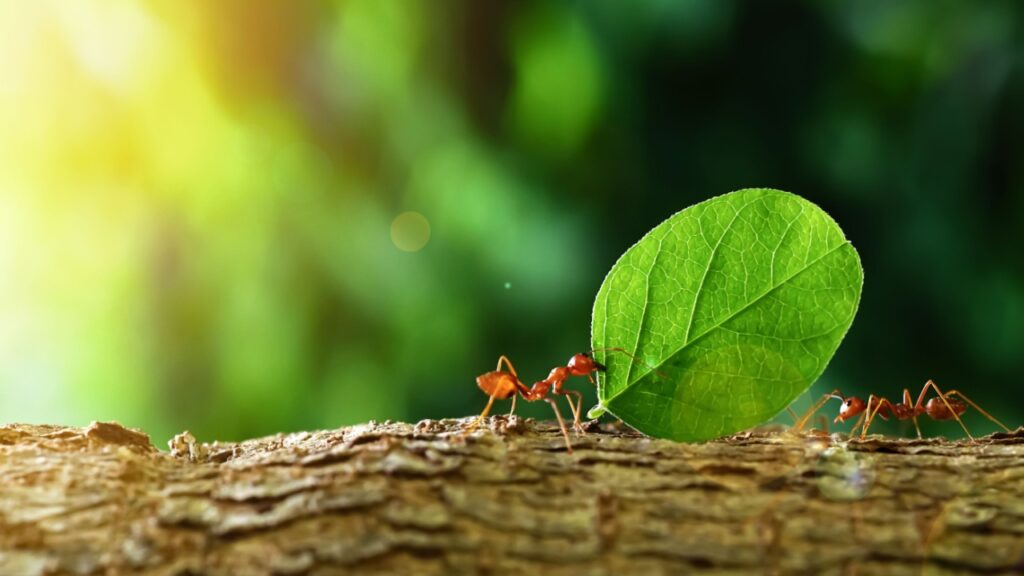
Ants are masters of recycling and sustainable living. They reuse materials, manage waste efficiently, and maintain a balanced ecosystem within their colonies. Nothing goes to waste in an ant colony. This efficiency in resource management is something humans are still struggling to achieve on a global scale.
They Solve Traffic Problems Effortlessly
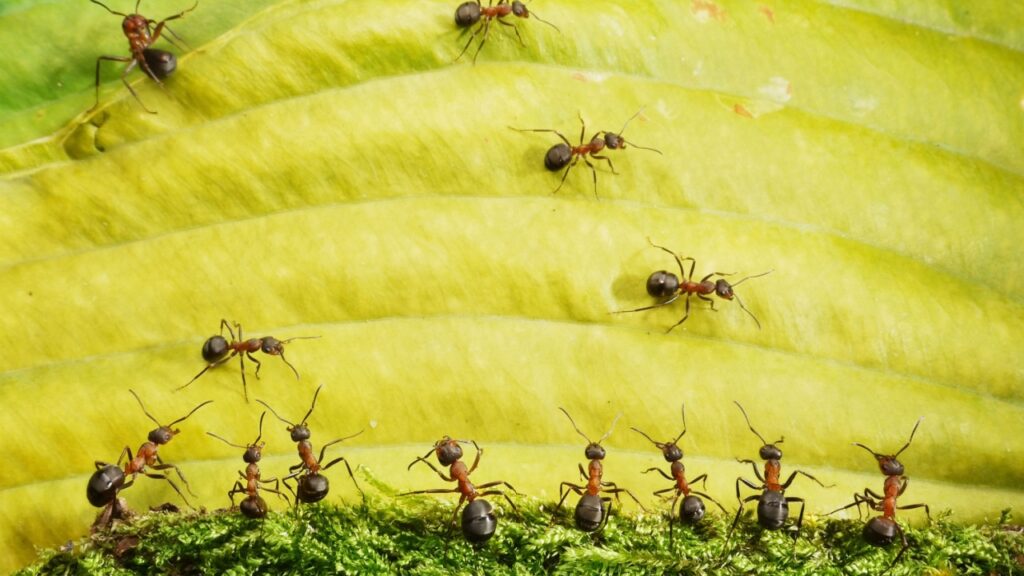
Despite having millions of individuals in a colony, ants rarely face traffic jams. They’ve developed efficient systems for movement, including designated lanes for different directions of travel. When faced with obstacles, they quickly find alternative routes. Their traffic management skills put many human city planners to shame.
They Use Sophisticated Voting Systems
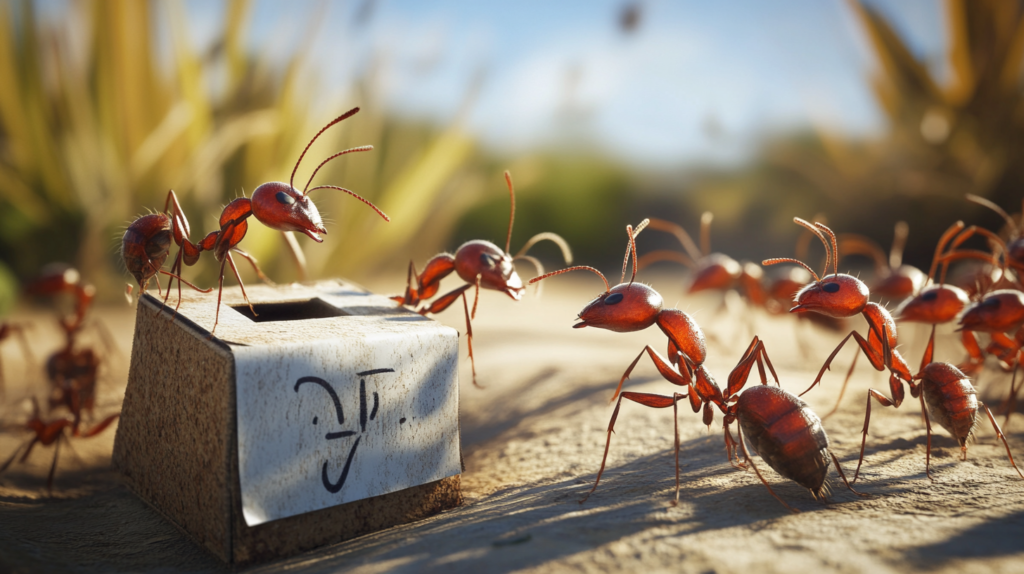
When making important decisions, like choosing a new nest site, ants use a sophisticated voting system. Scout ants explore options and recruit others to assess potential sites. The colony reaches a consensus through a process that’s remarkably similar to democratic voting. This decision-making process is often more efficient and less contentious than human elections.
They Practice Animal Husbandry
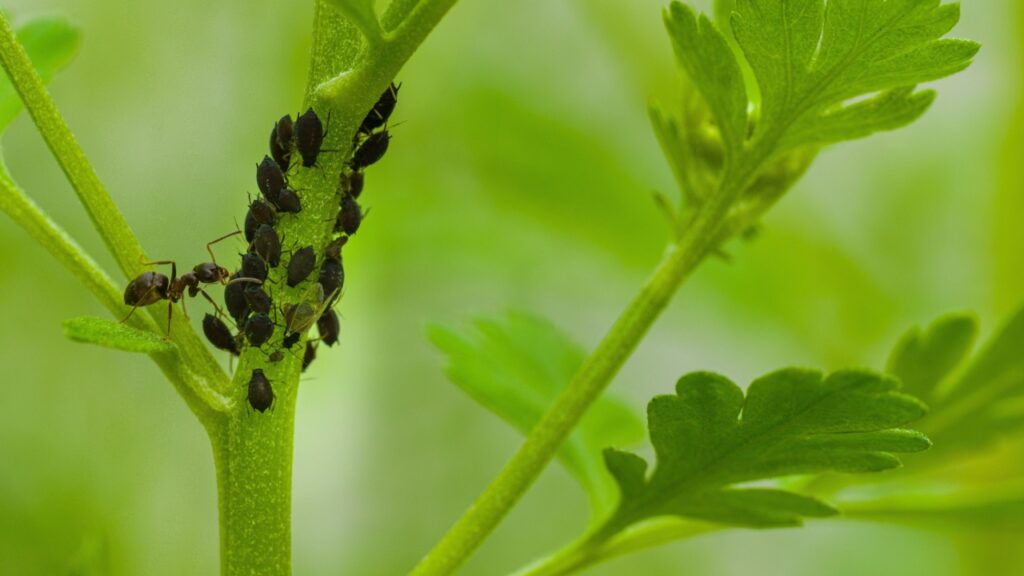
Some ant species keep “livestock” in the form of aphids. They protect these insects from predators and “milk” them for the sweet honeydew they produce. The ants even go as far as to care for aphid eggs during winter, ensuring a steady supply of honeydew in the future. This level of foresight in animal husbandry is impressive even by human standards.
They Build Climate-Controlled Homes
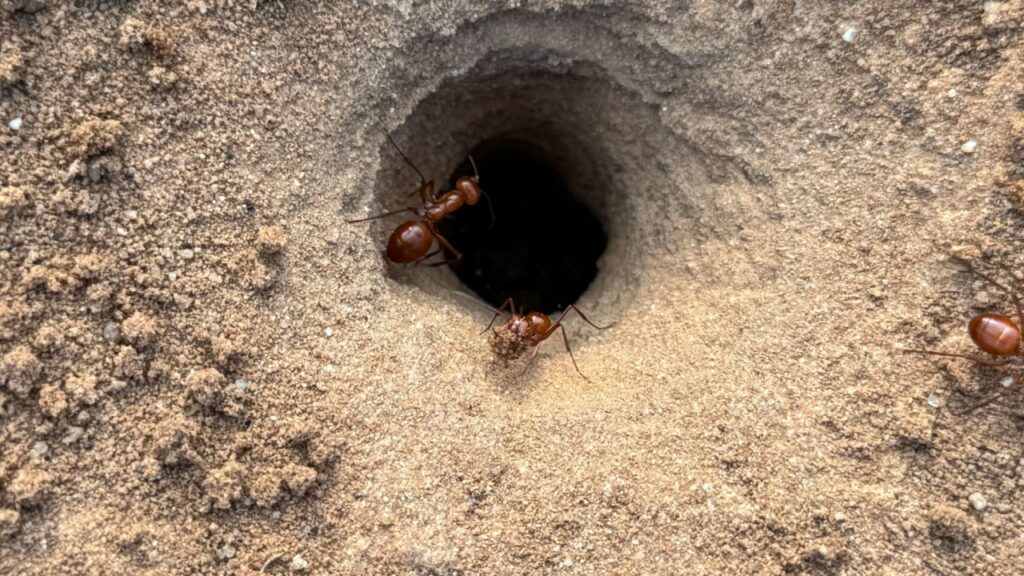
Ant nests are marvels of engineering, with complex ventilation systems that maintain ideal temperature and humidity levels. Some species even build their nests to catch the morning sun for warmth. This sophisticated climate control often surpasses human-built structures in efficiency and sustainability.
They Use Tools

While humans pride themselves on being tool users, ants have been using tools for millions of years. Some species use leaves to transport water, while others use grains of sand to soak up liquid food. This tool use demonstrates a level of problem-solving ability that’s surprising in such small creatures.
They Practice Preventive Medicine
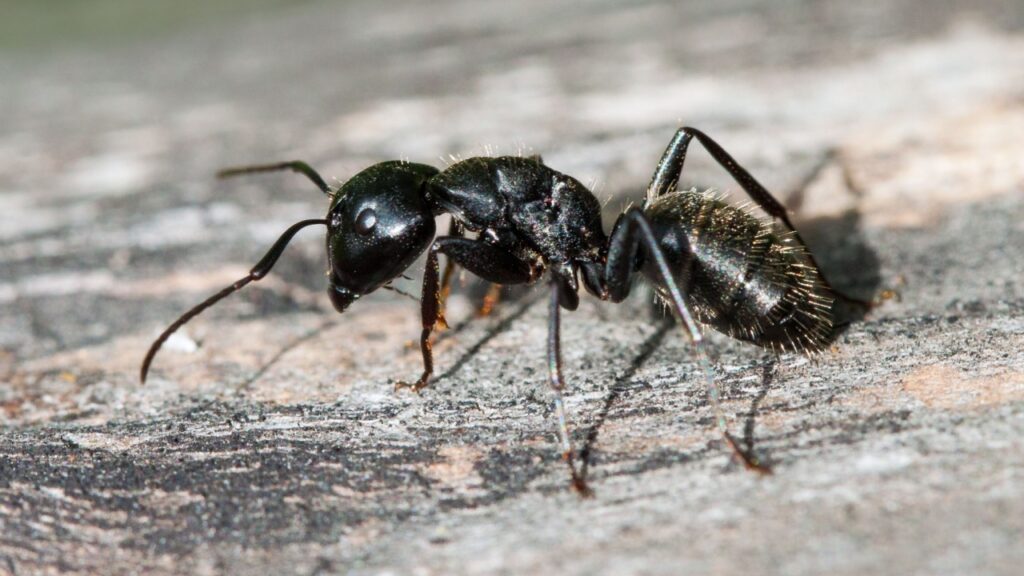
Ants have developed sophisticated methods to prevent disease spread in their densely populated colonies. They use antimicrobial secretions to clean themselves and their nestmates, and even quarantine sick individuals. This proactive approach to colony health often surpasses human public health measures in effectiveness.
They Adapt Quickly to Environmental Changes
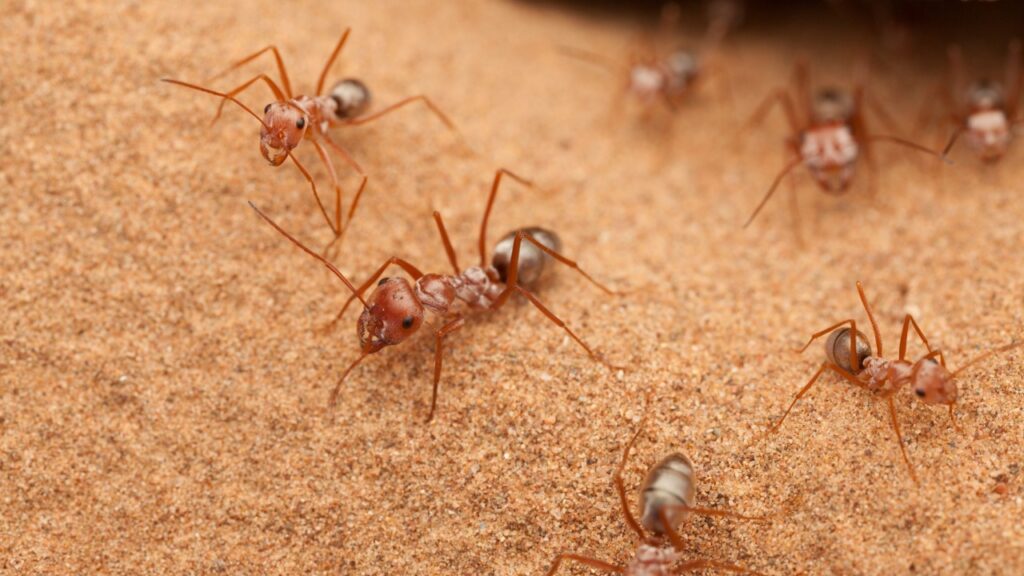
Ants show remarkable adaptability in the face of environmental changes. They can quickly change their behavior or even their physical characteristics to suit new conditions. This rapid adaptation allows them to thrive in a wide range of environments, often outpacing human efforts to adapt to climate change.
Becky is a fervent wildlife enthusiast and pet care expert with a diploma in canine nutrition. Her love for animals stretches beyond the domestic, embracing the wild tapestry of global fauna. With over a decade of experience in animal welfare, Becky lends her expertise to OutlandishOwl through insightful articles, captivating wildlife information, and invaluable guidance on pet nutrition. Her work embodies a deep commitment to understanding the intricate lives of animals and a passion for educating others on sustaining natural habitats. Becky's hands-on conservation efforts and her knack for translating complex dietary science into practical pet feeding tips make her an indispensable voice for creatures great and small.

